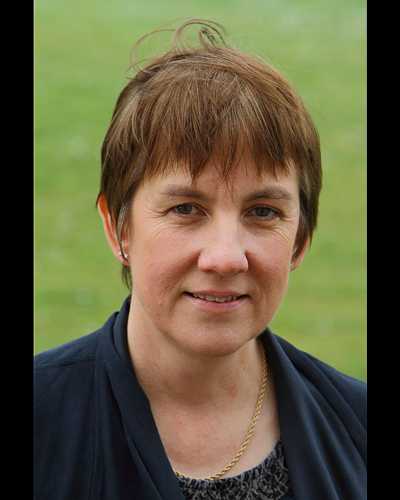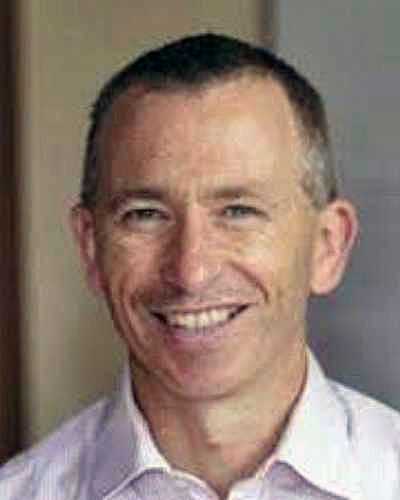Abstract
Introduction: The COVID-19 pandemic required rapid dissemination of accurate information across the world to both healthcare workers and the general public. Social media represents an opportunity to undertake this. The aim of this study was to analyse a healthcare worker education campaign in Africa delivered through the social media platform Facebook and discuss the feasibility of this approach for future healthcare workers and public health campaigns.
Methods: The campaign ran from June 2020 to January 2021. The Facebook Ad Manager suite was used to extract data in July 2021. Videos were analysed for total and individual video reach, impressions, 3-second video plays, 50% plays and 100% plays. The geographic use of the videos and age and gender breakdown was also analysed.
Results: Total reach of the Facebook campaign was 6,356,846 and total impressions was 12,767,118. The video with the highest reach was 'Hand washing steps for health workers' with a reach of 1,479,603. The total campaign 3-second plays were 2,189,460 decreasing to 77,120 for 100% play duration.
Discussion: Facebook advertising campaigns may have the ability to reach large populations and achieve a range of engagement outcomes that would be more cost effective and have greater reach when compared with traditional media. The outcome of this campaign has shown the potential of social media’s use in public health information, medical education and professional development.



